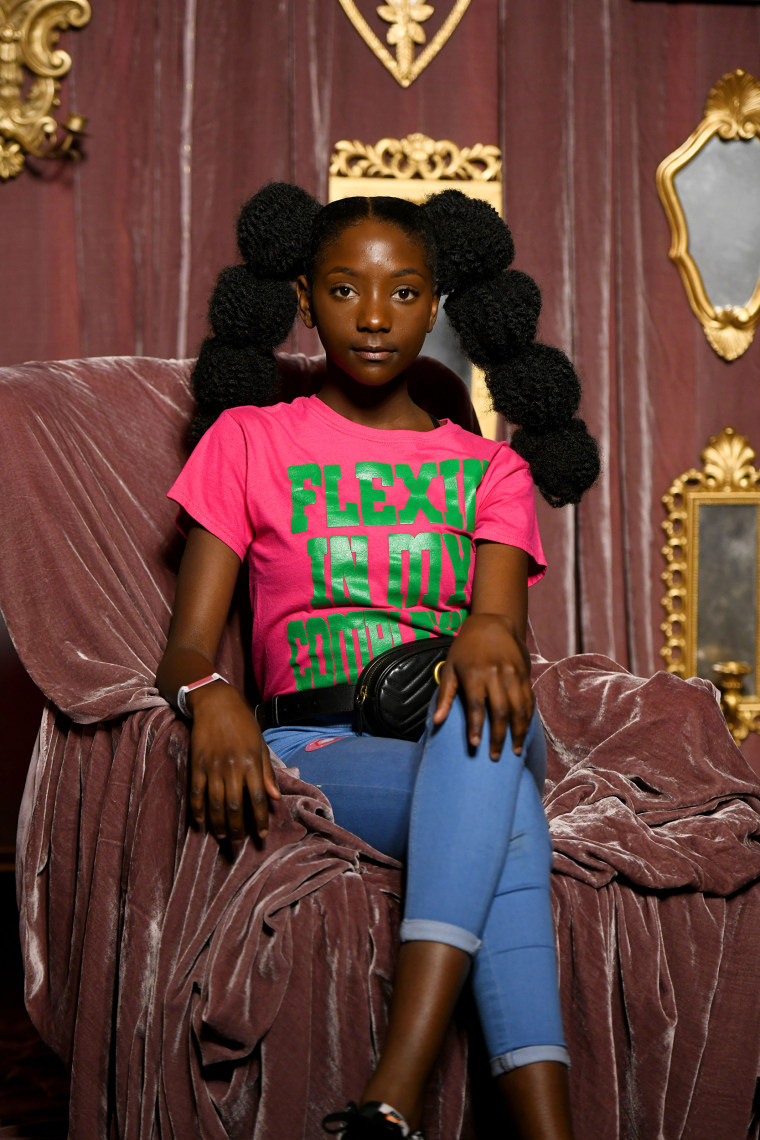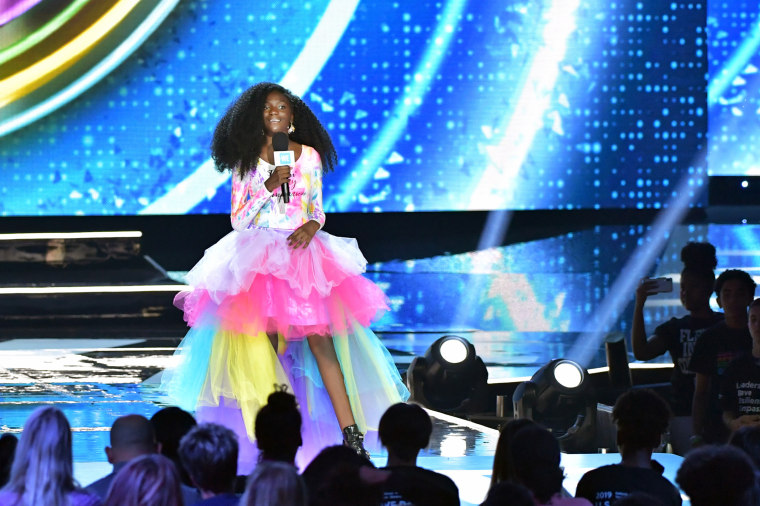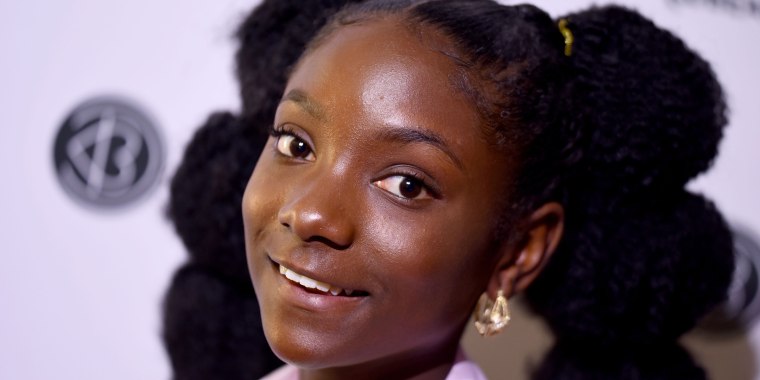Kheris Rogers is a 13-year-old fashion designer who created a clothing line and anti-bullying movement called Flexin’ In My Complexion after being teased at school for her skin color. She later became the youngest designer to show at New York Fashion Week and counts celebrities like Lupita Nyong'o and Alicia Keys as fans.
Since starting the Flexin’ In My Complexion movement in 2017, I’ve learned a lot about racism and colorism. I think the three most important things I’ve learned are the value of education, of inclusion and of self-love.

Colorism is a practice of discrimination where a preference is given to individuals with lighter or fairer skin tones than those with darker skin tones. It's effects can be seen everywhere from the playground to the offices of corporate America. In 2006, the University of Georgia did a study that found employers preferred lighter skinned black men to darker skinned black men, even if they were less qualified.
Millions of Americans suffer the effects of colorism in America in various ways; seating in restaurants, unequal pay, even court sentences. And colorism can be found in many cultures around the world.
I've learned that I don’t have a problem with the color of my skin, but some people do. Honestly, I’d never considered whether I was beautiful, average looking or otherwise. I was just Kheris Rogers. It wasn’t until other people pointed out my dark complexion that I believed I was “different." But my experiences taught me that I wasn’t “different” at all. I am the same as any other 13-year-old kid. I am silly and playful. I like to sing, dance and play video games. My skin color shouldn’t determine how I'm treated.
The death of George Floyd in Minnesota set off a wave of protests across the country, bringing awareness to issues deeply rooted in American history: police brutality and systemic racism. While there have been many deaths by law enforcement officers over the years, this particular murder, captured on film for all the world to see, seems to be the straw that broke the camel’s back. It was so bold and cold-hearted that the issue of racism in law enforcement could no longer be ignored — not by black people, who have always been aware of its existence, but by white people who never wanted to believe it was true.
This event and my personal experiences with racism, colorism and discrimination fills me with overwhelming emotions. I shouldn’t be filled with fear whenever I see a police car and I shouldn’t know to place my hands on the dashboard and announce, "My name is Kheris, I am 13 years old and I do not have anything that can harm you," if my mom is ever pulled over.
When this all began, I couldn’t help but think of my 6-year-old self being given a black crayon instead of a brown crayon by my teacher to color my self-portrait. I thought about that little girl, who was teased for years because she was darker than her peers, and wondered if the people who had participated in those demeaning behaviors have learned anything since.

In these three short years since starting Flexin' In My Complexion, I've learned that it would make a difference if everyone took the time to educate themselves about other people's history and culture. What would happen if we all practiced inclusion and not exclusion? What if we all believed that loving one’s self is not affirmed on the domination of someone else? What if we were taught those lessons in school? Maybe children would be more understanding and tolerant. Maybe those children would grow up to be more understanding and tolerant adults. I could see it changing the world. Couldn’t you? #blacklivesmatter
